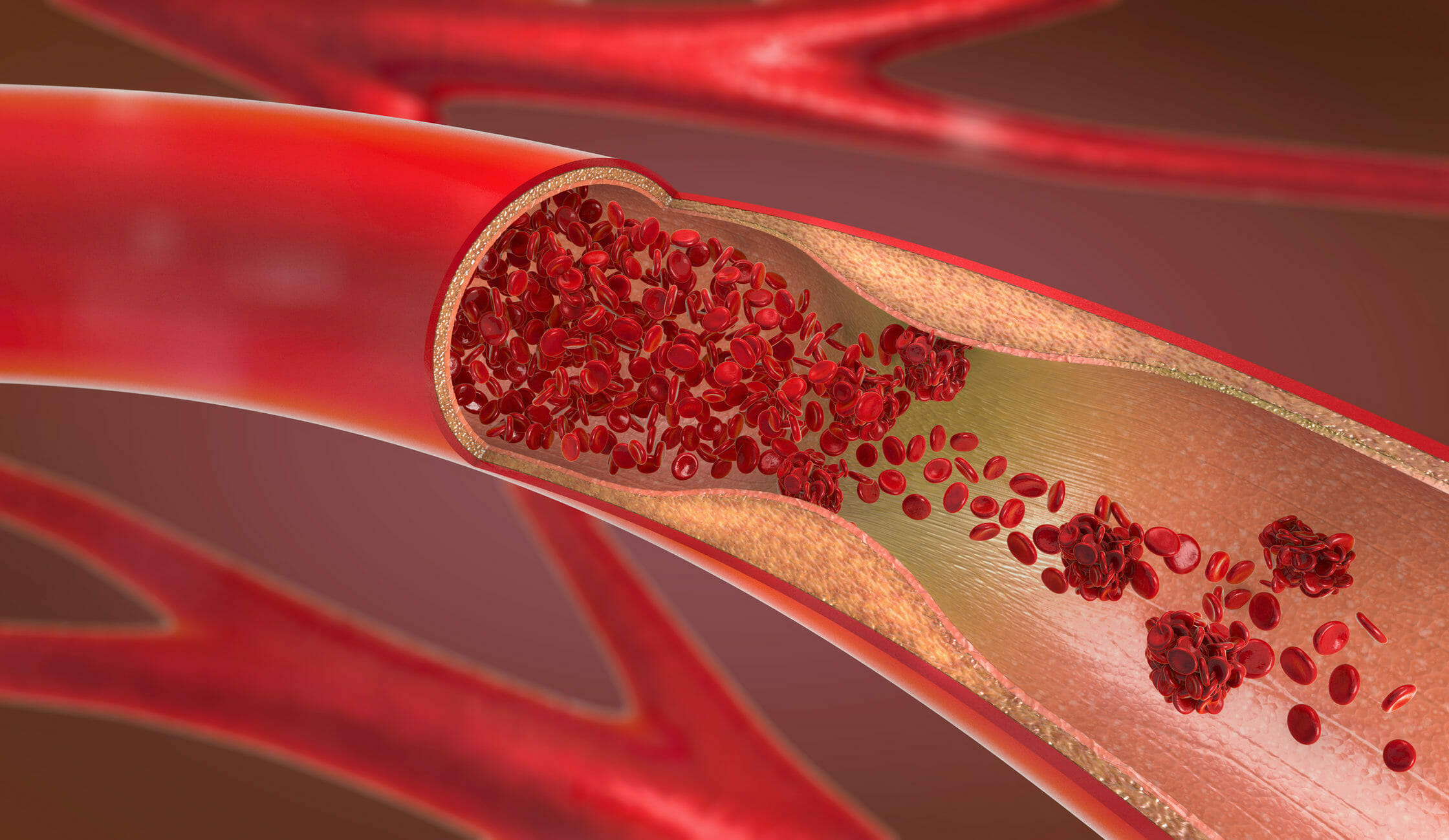Cholesterol Management for Heart Health
Forward Pharmacy Can Help You Navigate the Ins and Outs of High Cholesterol Treatment
February is American Heart Month. This year, we’ve been focusing on high blood cholesterol, and the way it contributes to heart disease. It’s estimated that nearly 1 in 3 American adults have high blood cholesterol, and with newly released guidelines, the Division for Heart Disease and Stroke Prevention (DHDSP) hopes to spread the word on preventing and managing this disease.
What exactly is cholesterol?
Cholesterol is a soft, waxy substance found among the fats (also known as lipids) in your blood and in the body’s cells. Of the many kinds of cholesterol used by your body, the most important are low-density lipoprotein (LDL) and high-density lipoprotein (HDL). Usually, when someone is talking about “bad” cholesterol, they mean LDL—too much of it in your blood can leave you at greater risk for heart disease, stroke, and cardiovascular disease in general.

Here at Forward Pharmacy, we’re committed to helping you navigate your way to healthy blood cholesterol levels. For some people, a lifestyle that includes a healthy diet and exercise is enough to maintain healthy cholesterol levels, but for others, medication is also necessary. We can help you develop healthier habits, understand your medications and when to take them, and find the right treatment plan that fits your needs and your budget.
If you are prescribed a medication for high cholesterol, it’s important that you take it every day. There may be barriers to taking your medication regularly, but they aren’t insurmountable, and it’s important to address them.

The fact that you can’t physically feel high cholesterol can make it less motivating to treat high cholesterol. Since you don’t really “feel” the medicine making you better, you can’t quite notice if you forget to take it.
Sometimes, the side effects of a particular drug can discourage folks from staying on their cholesterol medication. If that happens to you, keep in mind that there are other options and many different cholesterol medications available, so if you are experiencing side effects, talk to your doctor.
There are often differences in how much the various cholesterol medications cost, depending on what your insurance covers for you. I’d you’re finding that your cholesterol medications are costing too much for you, talk to your pharmacist about lower-cost options.
Let’s face it: changing long standing diet and exercise habits is easier said than done. Diet and exercise are two easy words to say that are hard to implement. But if you’re at risk for high cholesterol, that doesn’t mean you should give up. Giving it your best effort can go a long way, and there are resources out there that can help. At Forward Pharmacy, we’re versed in a lot of strategies to create and keep healthy strategies, so if you’re wondering where to start—just ask!
Published on Feb 26 2020
Last Updated on Feb 27 2020
Categories: Heart Disease, Preventing Heart Disease, News


